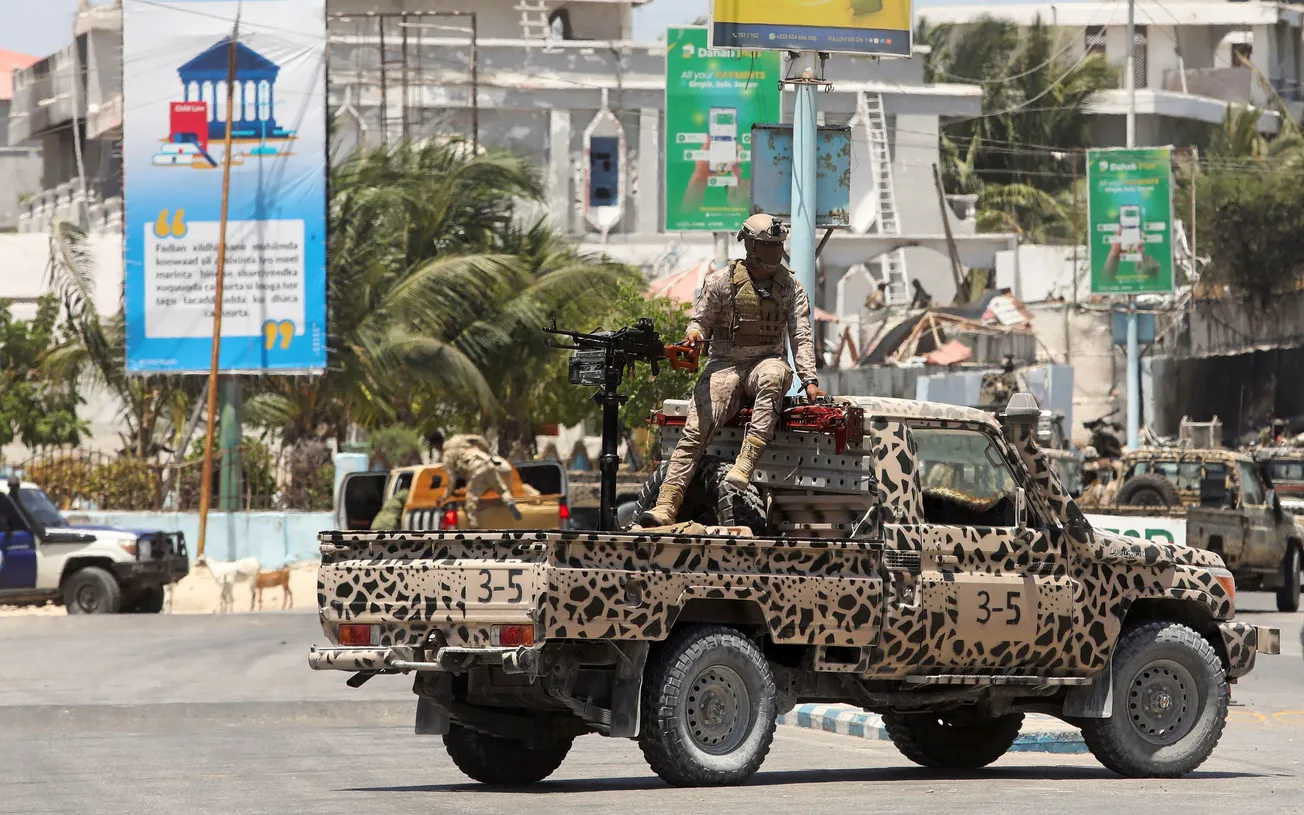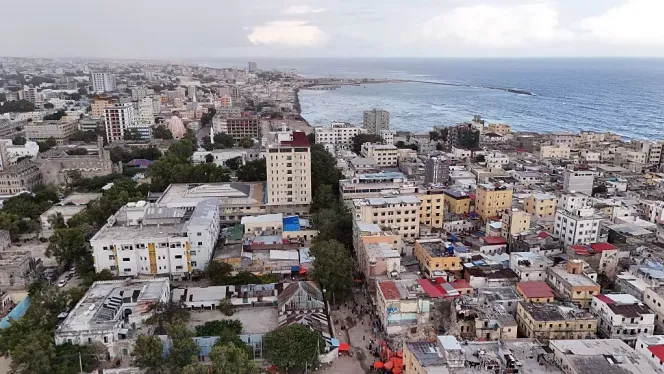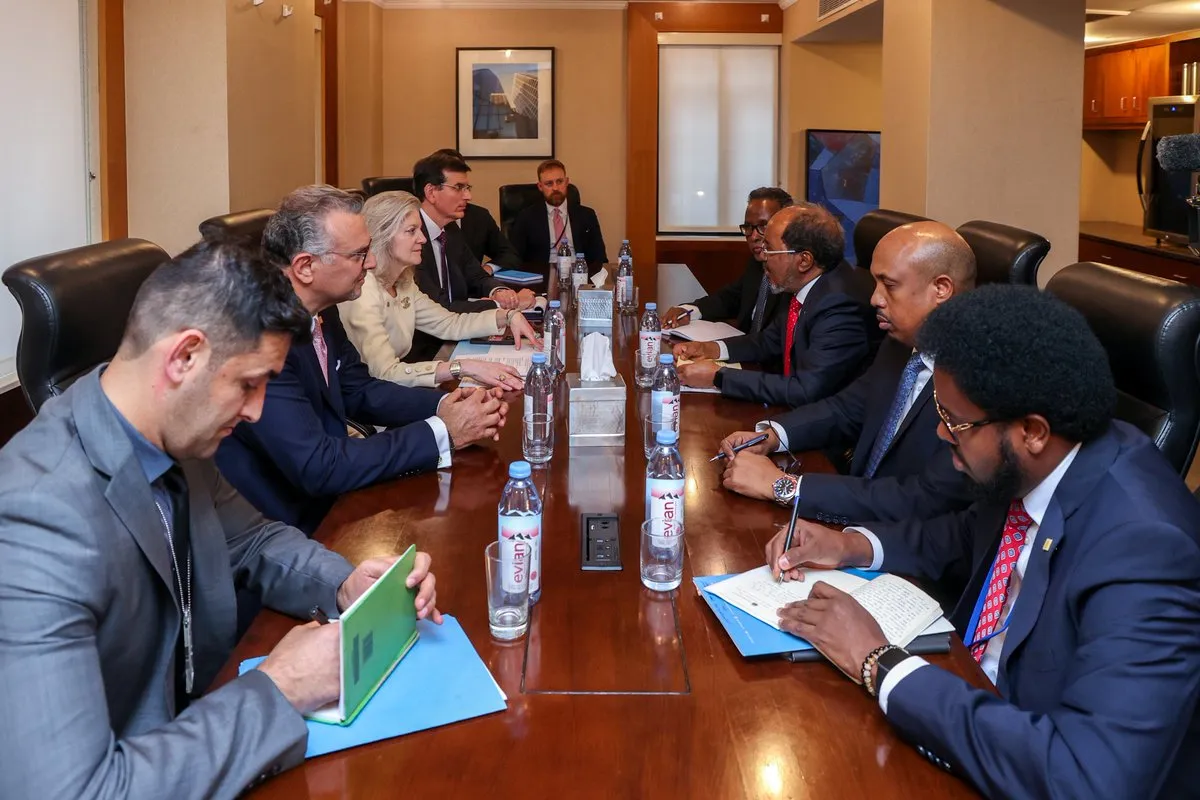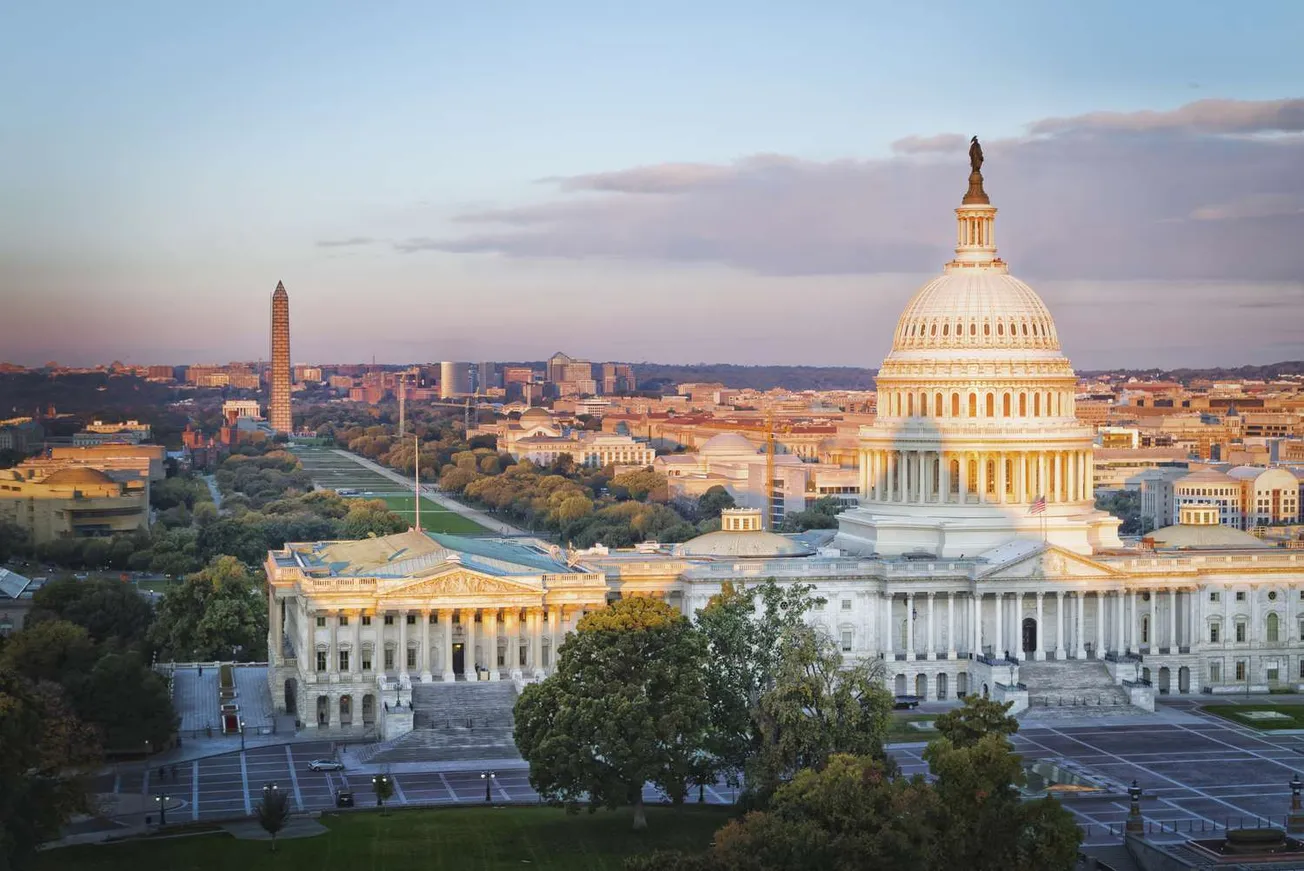Table of Contents
Since its inception in 2004, Somalia's federal system has been fraught with challenges that have hindered the country's progress toward stability and development. This system was intended to bring governance closer to the people, allowing regions greater autonomy while maintaining a unified Somali state. However, the relationship between the central government and the federal member states has been marred by conflicts, power struggles, and issues related to resource sharing.
The Somali federal system was established as part of the Transitional Federal Government (TFG), following years of civil war and state collapse. The system was seen as a compromise to address the deep-seated clan-based divisions and the desire for regional autonomy. The 2012 Provisional Constitution provided the legal framework for this federal arrangement, outlining the powers of the federal government and the federal member states. However, the constitution remains provisional, with many key aspects, such as resource sharing and the division of powers, still under negotiation.
Under Somalia's federal system, the Provisional Constitution grants significant autonomy to the federal member states, allowing them to manage their affairs, including security, economic development, and the judiciary. However, the central government retains authority over key national matters such as foreign policy, national security, and fiscal policy. This division of powers is intended to balance regional autonomy with national unity. Yet, the lack of clarity in the constitution regarding the exact delineation of powers has led to frequent disputes. For example, issues like revenue sharing, control over natural resources, and the management of security forces have become flashpoints between the central government and regional administrations.
The absence of clear guidelines has often resulted in a tug-of-war for power, exacerbating tensions between Mogadishu and the federal member states.
One of the most pressing challenges in Somalia's federal system is the struggle for power between the central government and the federal member states. This power struggle is often fueled by competing interests, with regional leaders seeking greater autonomy and control over local resources, while the central government aims to assert its authority across the country. Resource sharing is another critical issue. Somalia is rich in natural resources, including oil, gas, and minerals. However, the lack of a clear framework for sharing these resources has led to disputes between the central government and regional administrations.
For instance, the discovery of oil in certain regions has sparked conflicts over who has the right to exploit these resources and how the revenues should be distributed. This has further strained relations between the central government and the federal member states.
Clan dynamics play a crucial role in Somalia's federal system. The country is deeply divided along clan lines, with clans often exerting significant influence over political decisions. In many cases, regional administrations are closely tied to dominant clans in those areas, which can lead to the marginalization of minority clans and fuel inter-clan conflicts. The clan system has both helped and hindered the federal system. On one hand, it provides a mechanism for power-sharing and political representation, ensuring that all major clans have a stake in the system.
On the other hand, it can perpetuate divisions and undermine national unity, as clans prioritize their interests over the broader national good. The challenge lies in balancing clan interests with the need for a cohesive national identity.
The drivers of conflict in Somalia's federal system are multifaceted. They include the competition for power and resources, clan rivalries, and the lack of a clear constitutional framework. Additionally, external factors, such as interference by neighboring countries and the influence of extremist groups like Al-Shabaab, have exacerbated these challenges. To address these issues, several solutions have been proposed. Finalizing and adopting a clear and comprehensive constitution is crucial.
This document should clearly delineate the powers of the federal government and the federal member states, particularly regarding resource sharing and the management of security forces. Engaging in inclusive political dialogue is essential for resolving disputes between the central government and regional administrations. This dialogue should involve all relevant stakeholders, including clan leaders, civil society, and international partners, to ensure that all voices are heard. Building strong, transparent, and accountable institutions at both the federal and regional levels is key to reducing corruption and power struggles. This includes establishing mechanisms for dispute resolution and ensuring that the judiciary is independent and impartial.
Developing a fair and transparent system for resource sharing is critical. This system should ensure that all regions benefit from the country's natural resources and that revenues are used to promote development and improve public services.
When comparing Somalia's federal system with other federal systems, such as those in the United States, Germany, or Nigeria, several differences emerge. Effective federal systems typically have clear constitutional guidelines, strong institutions, and mechanisms for resolving disputes between different levels of government. They also emphasize the importance of national unity, even as they respect regional diversity. In contrast, Somalia's federal system is still evolving, with many challenges remaining unresolved. The lack of a final constitution, weak institutions, and deep-seated clan divisions make it difficult for the system to function effectively.
Moreover, the ongoing security challenges posed by extremist groups further complicate efforts to build a stable federal system.
For Somalia to build a more effective federal system, it is essential to address the underlying issues that have hampered progress. This includes finalizing the constitution, promoting inclusive political dialogue, and strengthening institutions. Additionally, efforts should be made to bridge the gap between the central government and the federal member states, ensuring that all regions feel they have a stake in the nation's future. Moreover, the role of clans in the federal system should be acknowledged and managed in a way that promotes national unity rather than division. This could involve creating mechanisms for inter-clan dialogue and power-sharing that go beyond the current system.
The challenges facing Somalia's federal system are significant, but they are not insurmountable. With the right reforms and a commitment to inclusive governance, Somalia can build a federal system that respects regional autonomy while promoting national unity. The road ahead is long, but with concerted efforts from all stakeholders, Somalia can move closer to achieving peace, stability, and development.









